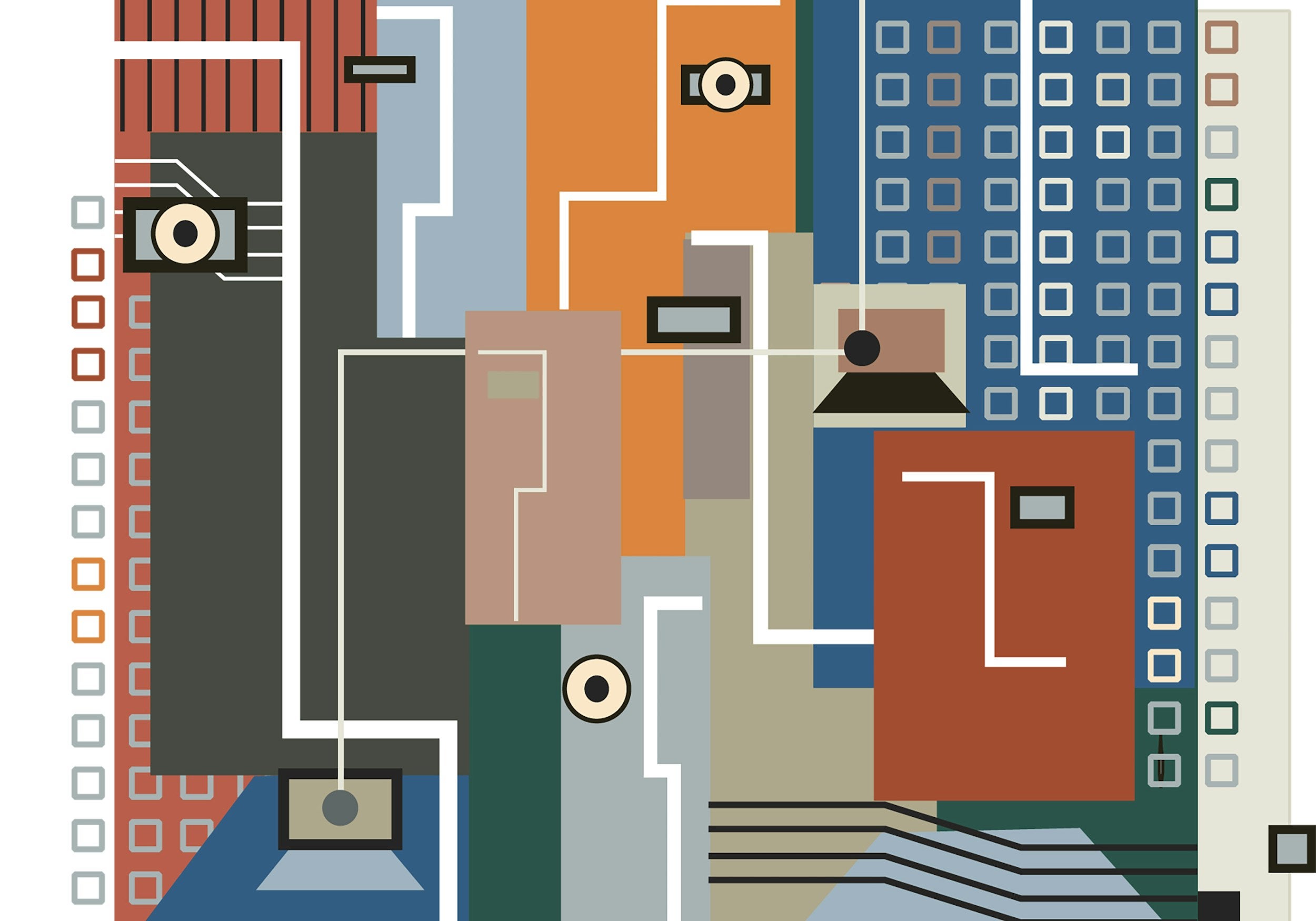
Digital media has emerged as a transformative force reshaping cultural trends and societal values. This impact is visible across various aspects of life, including communication, cultural expression, and the evolution of norms.
Transformation of Communication
Digital media, particularly through social media platforms, has revolutionized communication. Platforms like Instagram, Facebook, and Twitter enable users to share cultural practices on a global scale. Traditional cultural expressions, whether they be songs, dances, or recipes, are now displayed in bite-sized formats suitable for the digital landscape. This increased visibility allows for cultural preservation but also raises concerns regarding authenticity. The manipulation of these traditions can lead to misunderstandings or over-simplifications, stripping them of their historical contexts and significance[8].
Additionally, social media serves as a platform for activism and cultural exchange, where movements such as #BlackLivesMatter and #MeToo gain traction, amplifying social issues and reshaping public discourse. Such platforms have become critical in challenging or reinforcing societal values, where public opinion can shift rapidly based on the discourse generated within these digital spaces[8][9].
Cultural Expression and Sharing
The democratization of content creation has granted diverse voices unprecedented platforms to share their stories and cultural expressions. User-generated content is challenging traditional media narratives and gatekeepers, enabling a broader representation of society in its multifaceted forms. Digital media provides a space for marginalized communities to assert their identities and narrate their experiences directly[2][4].

However, this visibility can come at a cost. Digital platforms often commodify cultural elements, leading to forms of cultural appropriation that dilute the original meanings and significance of cultural practices. The rendition of cultural elements as trending challenges can oversimplify their complexity and misrepresent their significance, leading to potential backlash from the communities that originate these practices[2][8].
Influencing Norms and Values
As digital media intertwines itself with daily life, it alters the normative frameworks within which individuals operate. The shift in how we consume media—favoring streaming, personalization, and immediacy—has redefined societal expectations regarding content accessibility and interaction. The rise of streaming services has shifted focus from traditional media consumption to tailored viewing experiences, where consumers expect immediate and personalized content delivery[7][9].
Additionally, the growing concern over misinformation highlights the darker side of digital culture, where the rapid spread of false narratives can distort societal views and perceptions. The challenge remains to foster digital literacy so that consumers can discern credible information from misleading content, crucial in a time when misinformation can spread virally[4][5].
The Role of AI and Emerging Technologies
Artificial intelligence and machine learning technologies are further enhancing digital media's influence on culture. These technologies can curate content based on user preferences, creating echo chambers that reinforce existing beliefs and expectations[7]. The advent of generative AI has sparked debates regarding authenticity in content creation, particularly in the realms of art and media. While AI offers tools for creativity, it also raises concerns about the commodification of artistic expression and the validity of computer-generated content as being as valuable as human-created works[7][10].
Conclusion
The impact of digital media on cultural trends is profound and multifaceted. It brings opportunities for expression and community-building while also presenting challenges related to authenticity, representation, and the spread of misinformation. As societies navigate this evolving landscape, it is crucial to recognize the complexity of these interactions and strive for a more inclusive and respectful approach to cultural exchange. The understanding and embrace of diverse perspectives, coupled with vigilant engagement against misinformation, may guide us towards a more enriched cultural future in our interconnected digital world.
Get more accurate answers with Super Pandi, upload files, personalized discovery feed, save searches and contribute to the PandiPedia.
Let's look at alternatives:
- Modify the query.
- Start a new thread.
- Remove sources (if manually added).